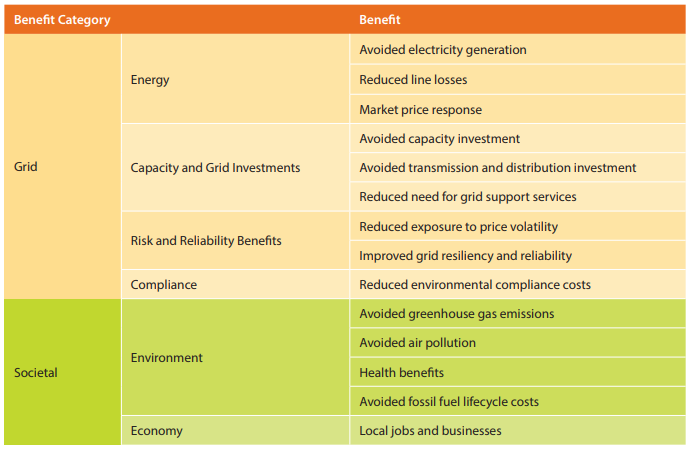Gideon Weissman
Former Policy Analyst, Frontier Group
To help develop smart public policy around solar energy, many public utilities commissions, utilities and other organizations have conducted or sponsored “value-of-solar” studies that attempt to quantify the monetary value of the benefits delivered, and costs imposed, by the addition of solar energy to the electric grid. Many value-of-solar studies, however – especially those conducted by electric utilities – have left out key benefits of solar energy. To make decisions that serve the public interest, policymakers should account for the full value of solar energy, including societal benefits to the environment and public health.
Distributed solar energy is on the rise, generating enough electricity to power more than 6 million homes each year, and resulting in annual carbon dioxide emission reductions equivalent to taking 4.4 million passenger vehicles off the road. Public policy has been a key factor in driving the growth of solar energy – recognizing the enormous benefits that solar power can provide both today and in the future.
To help develop smart public policy around solar energy, many public utilities commissions, utilities and other organizations have conducted or sponsored “value-of-solar” studies that attempt to quantify the monetary value of the benefits delivered, and costs imposed, by the addition of solar energy to the electric grid. Studies that include a full range of solar energy’s benefits – including benefits to the environment and society – reliably conclude that the value of those benefits approximates or exceeds the compensation solar panel owners receive through policies such as net metering.
Many value-of-solar studies, however – especially those conducted by electric utilities – have left out key benefits of solar energy. Policymakers and members of the public who consult these studies may be left with a false impression of solar energy’s value to the grid and society, with damaging results for public policy.
To make decisions that serve the public interest, policymakers should account for the full value of solar energy, including societal benefits to the environment and public health.
Rooftop solar energy brings a wide variety of benefits to the grid and to society.
Figure ES-1. The Benefits of Rooftop Solar Energy

Value-of-solar studies inconsistently account for solar energy’s benefits, especially beyond the electric grid, resulting in dramatically different conclusions.
Value-of-solar studies should account for all of solar energy’s benefits to the grid and society.
Public policy that fails to account for the full range of benefits may deter the addition of solar power to the grid, with ramifications for the environment, public health, and the operation of the electric grid.
Former Policy Analyst, Frontier Group
